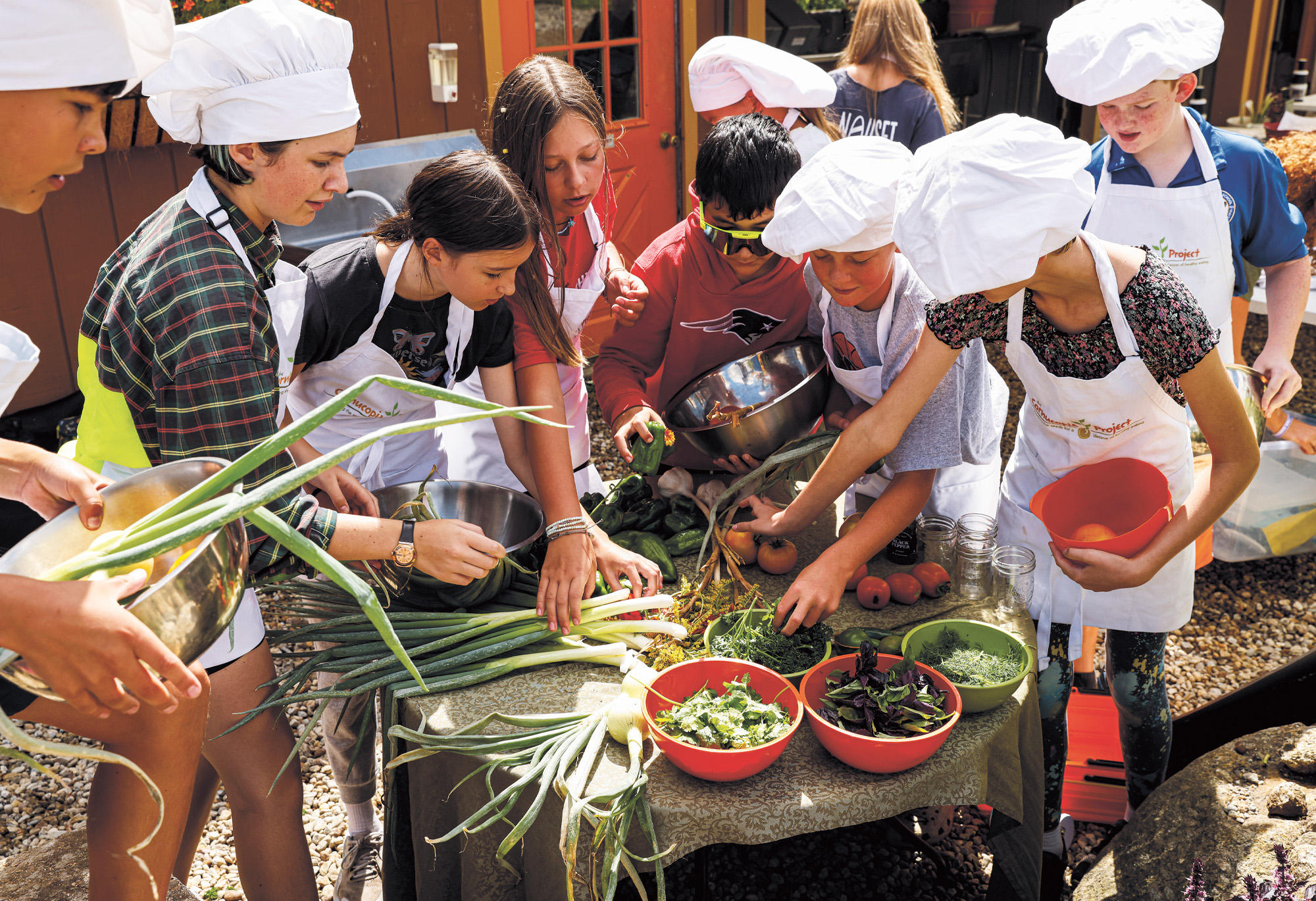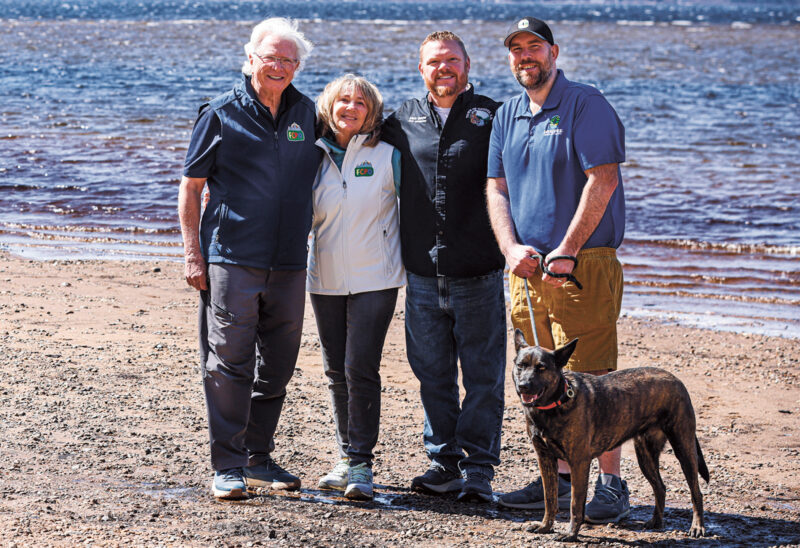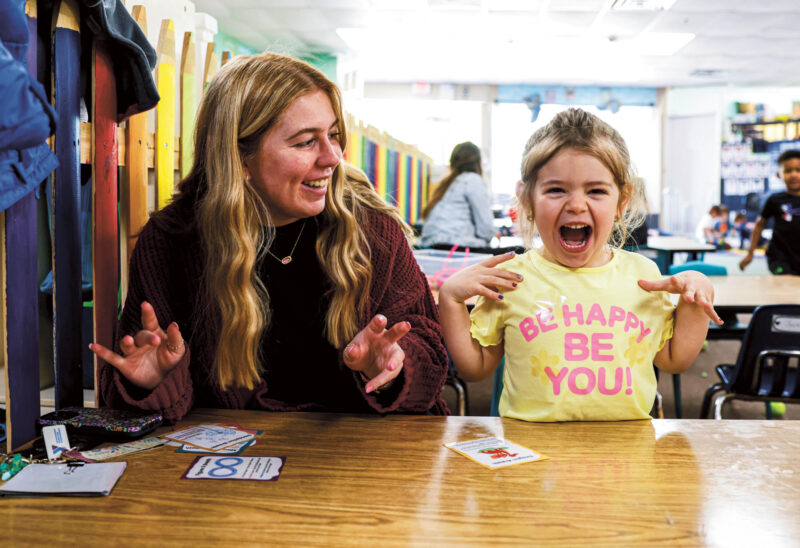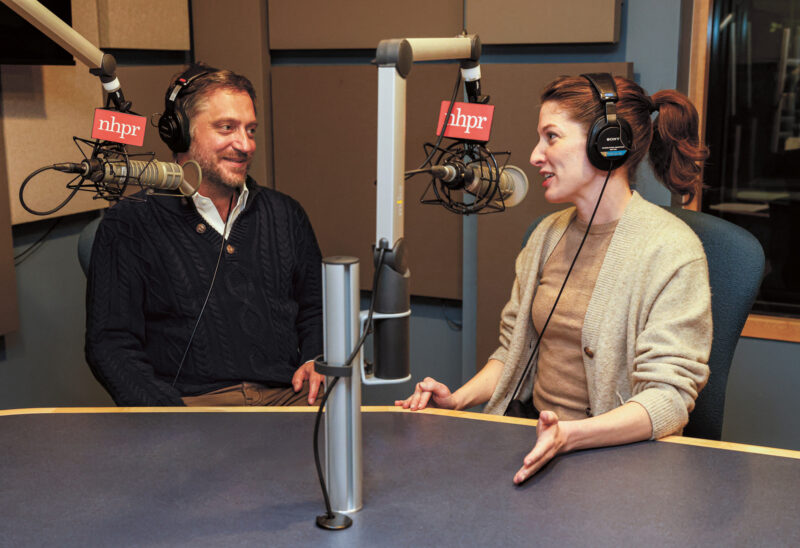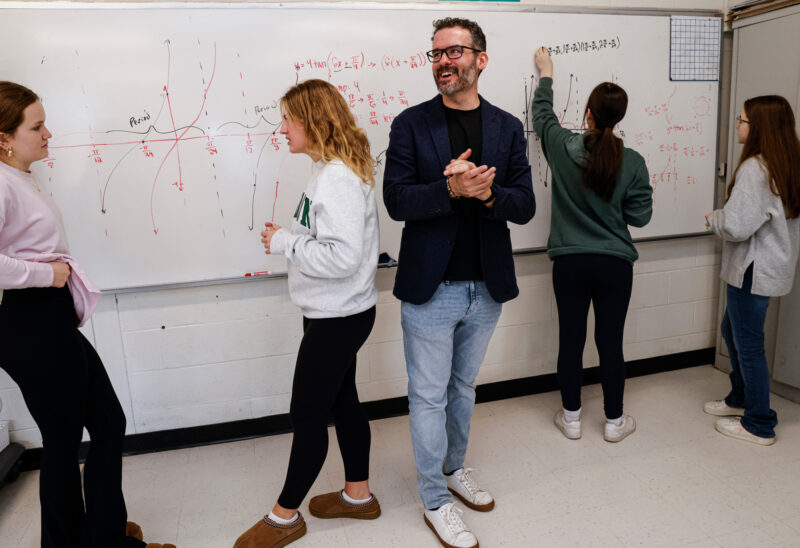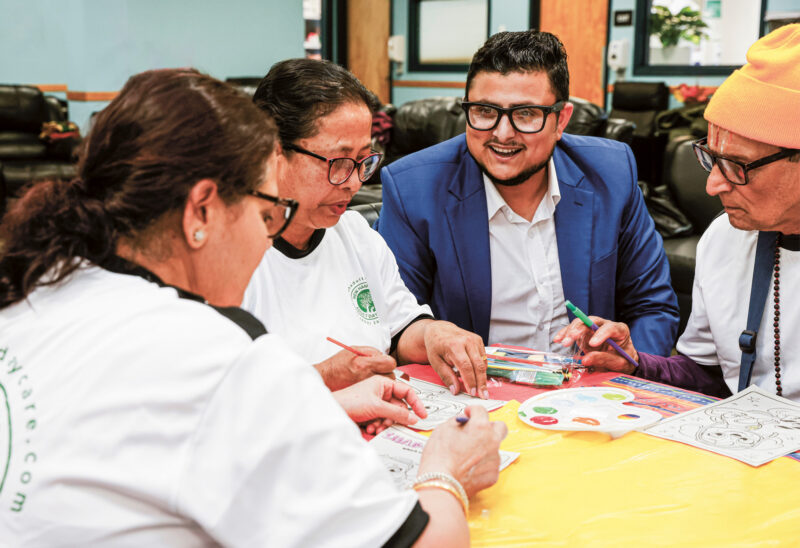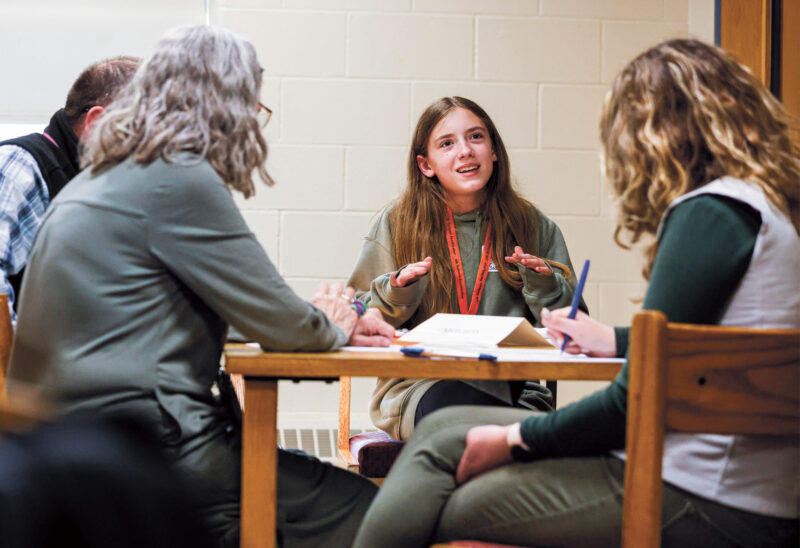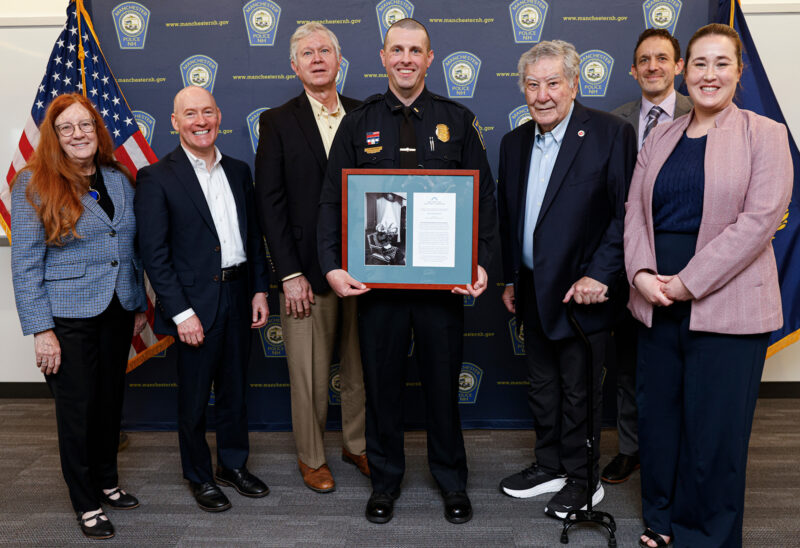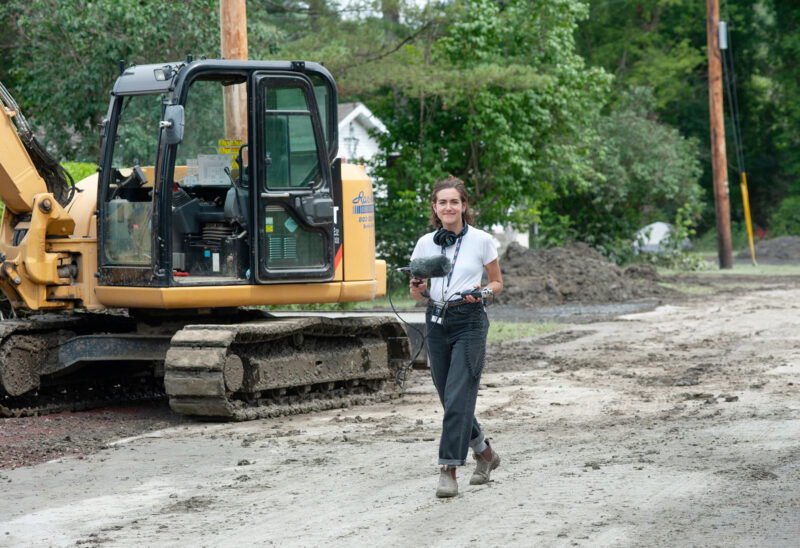Gabby Sanders, 12, discovered that something magical happens when you start eating fresh, organic vegetables that you grow yourself, especially if you grow them with your friends. Suddenly, foods that you avoided begin to taste so good, you go back for seconds.
“Before this, I never really liked salsa at all,” says Sanders, of Peterborough, who took part in a summer program for middle school-aged farmers at the Cornucopia Project Educational Garden. “But I tried the salsa that we made today and realized, ‘Wow. This is really, really good!’”
Sanders was among a dozen young farmers who competed in the program’s annual salsa contest, a delicious tradition in the Cornucopia Project’s work to promote healthy eating and communities through garden, kitchen and farm education. Even before their salsas were ready, the students were confident that their fresh-picked vegetables would beat any produce grown on industrial scales and shipped long distances to supermarkets.
The succulent tomato varieties were juicier and tastier. The bright green, red and yellow peppers were sweeter, and the smaller, spicy pepper varieties were spicier. And the green and white onions and garlic added a fresh, sharp bite that made the other flavors pop. Combined with lime and a dash of salt and pepper, they were the basis for the winning salsa recipe, created by “The Spice Kings” team of Jackson Cherian, 12, and Carter Craig, 12.
“Everything we used was fresh because we picked it right there, so it was definitely better than what you could buy in a store,” Cherian says.
Since 2005, the Cornucopia Project has been helping people develop a deeper appreciation for the food they eat, from its sources and impacts on human and environmental health to the important role that local farms play in supporting sustainable food systems, land conservation, restaurants, schools, heritage and in reducing food insecurity.
Throughout the summer, young people from across New Hampshire and beyond come to one of four program sessions at the Educational Farm just off Route 202. Guided by staff and paid high school-aged farmers, they tend roughly 40,000 plants that supply school food programs, a CSA (community supported agriculture), local restaurants and food pantries in Peterborough, Jaffrey and Keene. The farm also donates produce to the community dinner at Peterborough’s All Saints Episcopal Church.
In the process of raising crops, the students also learn about plant biology, organic farm pest management, food preparation and building connections in their homes and communities. The program offers no-questions-asked scholarships. The Cornucopia Project was launched by Kin Schilling as a small, community-supported garden, inspired by noted chef, author and activist Alice Waters, a pioneer in the farm-to-fork movement and founder of the nationwide Edible Schoolyard Project.
Today, in addition to its programs, CSA and special events, the Cornucopia Project offers culinary internships and cooking classes, builds partnerships with regional chefs and shows teachers how to incorporate gardening into their curricula. It also creates classroom garden kits that allow kids to grow edible sprouts, native pollinator plants and sunflowers at their schools along with their own vegetable gardens.
Last year, Cornucopia Project programs were in 32 schools across 10 school districts, and helped more than 3,200 people engage with farm-to-fork programs and events. School gardens are integrated into classroom lessons throughout the Contoocook Valley School District. Ann Forrest, interim superintendent, says the gardens have become an integral and much-loved part of students’ education.
“It’s one of the things that makes our district really unique, and we’re very proud of that,” says Forrest, who was also one of five salsa contest judges. “It’s incorporated into our wellness curriculum and our science program. So, all of the garden activities support that, and in a setting where the students are outside, hands-on, planting and watching these gardens progress and then eating what they grow. The level of engagement and learning is enormous.”
Recent Foundation funding helped Cornucopia Project improve the farm’s high tunnel growing structures, complete a large greenhouse, put gardening programs into more schools and support staffing needs.
Schilling recalls the excitement of starting one of her first school gardens in Hancock, where first-grade classes would walk a mile from their school to tend their garden. “I think it’s so important that they learn at an early age where their food comes from. And to have them working together, making and serving this food that they grew themselves, and to have the community see them doing that, it’s a really important and wonderful thing.”
The best part for the program? Sharing the tasty, organic abundance that they grew together.
“It’s just fun to work on the farm with my friends,” says Hunter Baird, 11, of Peterborough. “I mean, seeing how much we grew — starting out with these tiny little plants, helping them grow and then seeing what we can make out of them. It’s pretty amazing.”
Learn more: cornucopiaproject.org

